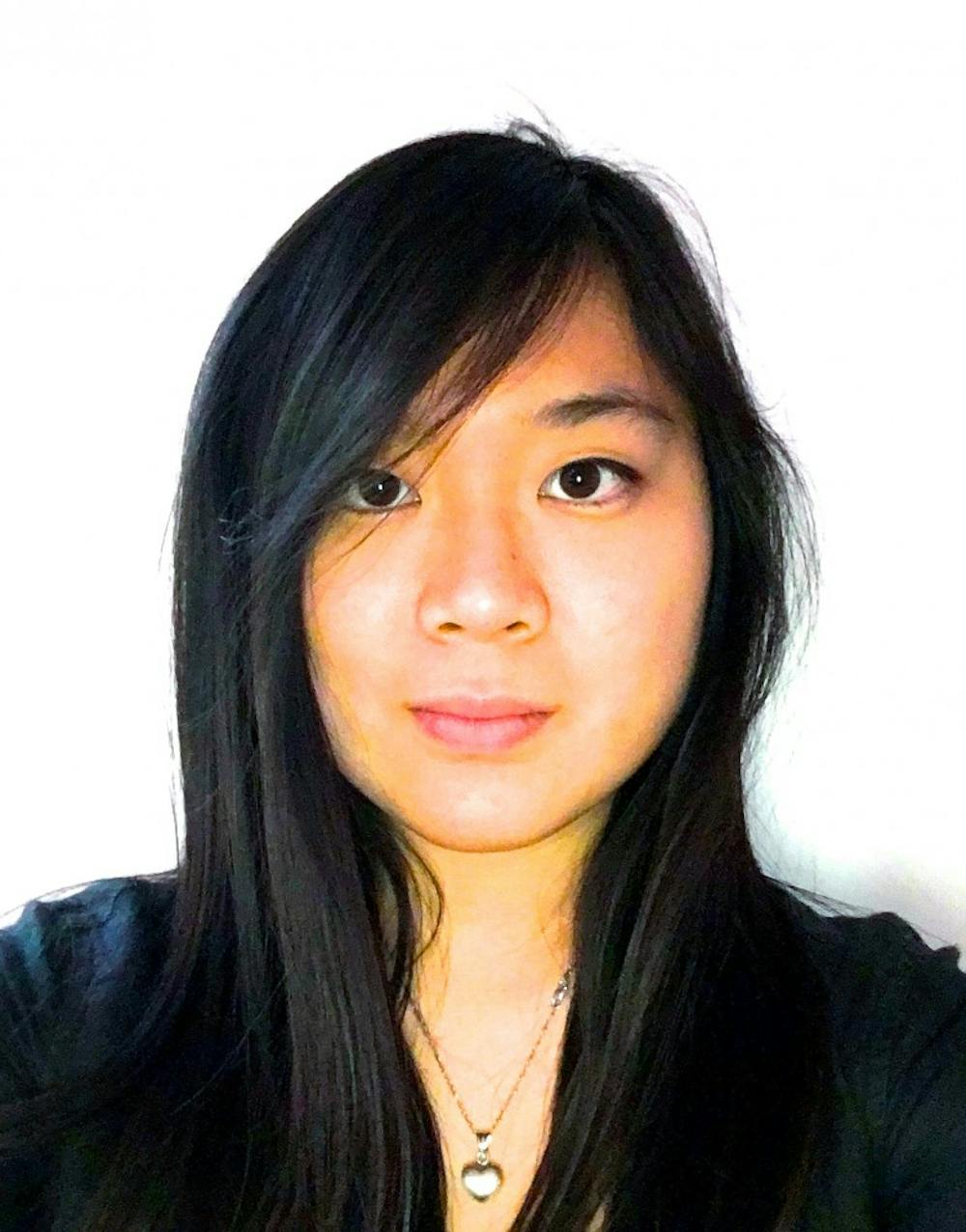I went back to Korea over winter break because that is what you do when you’re the daughter of Asian parents: You fly back to your country of ethnic origin so that all your relatives can exclaim to your parents “how much taller she is!” and “She looks just like you!” except in Korean, because you are, as mentioned earlier, in Korea. It was the first time I had gone back since high school.
This year, the traditional exclamations were joined by three new questions:
“Do you have a boyfriend?”
“Are you going to get married?”
“When are you going to get married?”
The first question I expected. Interrogating me about my love life — in a vaguely heteronormative way — is a right and privilege for my relatives, and while annoying, it was somewhat expected. Family always gossips, not that I blame them.
The second and third surprised me. I’m a junior in college. I just turned 21. And yet, at least six different people on separate occasions have asked me when I am getting married. It was the sort of question that I expected to start receiving when I’m 30.
When my mom leaned over and told them “she says she’s not getting married until she’s at least 27,” they would exclaim that it was “so late!” I’m not sure if their opinion stemmed from the fact that I was in Korea, talking to my relatives, or because most of the people who asked me this were much older than I am.
Granted, I suppose I should allow for the fact that they were all kidding. But to my ears, they all seemed at least somewhat sincere. The way the question was worded, “when” I was getting married rather than “if” I would ever get married, indicated that marriage was assumed to be a certainty, that of course I would be getting married, and that if I indicated otherwise it would be received with much surprise — and probably some criticism.
Privately, I wondered whether people would be asking me this had I been born a boy. I’m vaguely certain that marrying, creating a family, procreating and doing the whole mom thing are more “options” than “definites” for men.
As much as we assume we are living in a modern, feminist, more enlightened (or at least changed, if you don’t think that these changes are for the better) era, the fact remains that the cultural assumptions around the role of women and what they should want in life still revolve around antiquated ideals — or what some people would call “traditional” ideals. You could argue that this conversation has become more relevant in the current political climate, where many unspoken opinions have come to light.
Perhaps this is the wrong audience to be pitching this — admittedly not particularly original — idea to. After all, the more education you have, and the higher income bracket you’re in, the less likely you are to marry early or have children early. But I think there is something to be said for examining the cultural assumptions and norms that we absorb, even as we enter and create a society that does not conform to them.
Disney princesses marry their prince. “Say Yes to the Dress” airs rerun marathons all the time. “Having it all” for a woman means having the career and the family, and in many cases, the family above the career — and it’s assumed that a woman does want it all.
If I told my parents that I wasn’t interested in professional success and would probably stop working once I had kids — therefore rendering the investment into my education rather useless — they would accept that more easily than a declaration that I had no intention to either get married or have children.
For many people — probably not so much in our generation, but definitely in the ones who raised us and are still relevant in that they judge our decisions — there are assumptions about what women should want, that part of being successful or being happy involves marriage. I’d argue that we, as a society, haven’t left that idea behind, even as we leave many other cultural norms in the dust.
ISABEL KIM is a College junior from Warren, N.J., studying English and fine arts. Her email address is isakim@sas.upenn.edu. “It Keeps Happening” usually appears every other Thursday.
The Daily Pennsylvanian is an independent, student-run newspaper. Please consider making a donation to support the coverage that shapes the University. Your generosity ensures a future of strong journalism at Penn.
Donate








